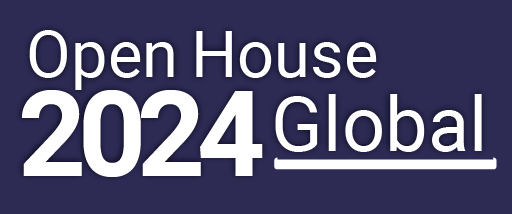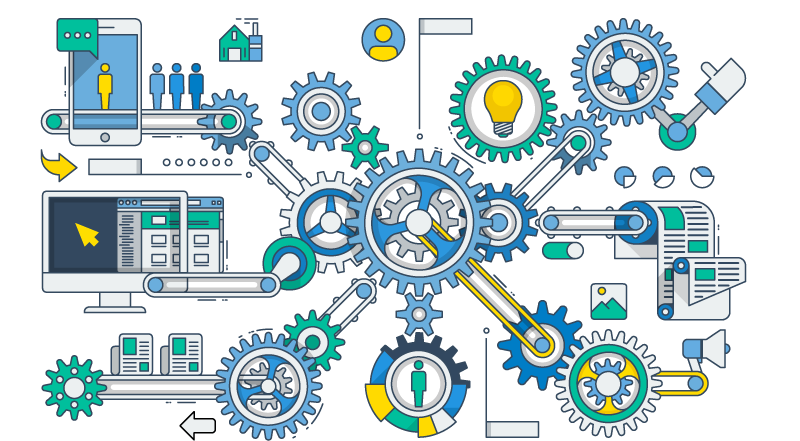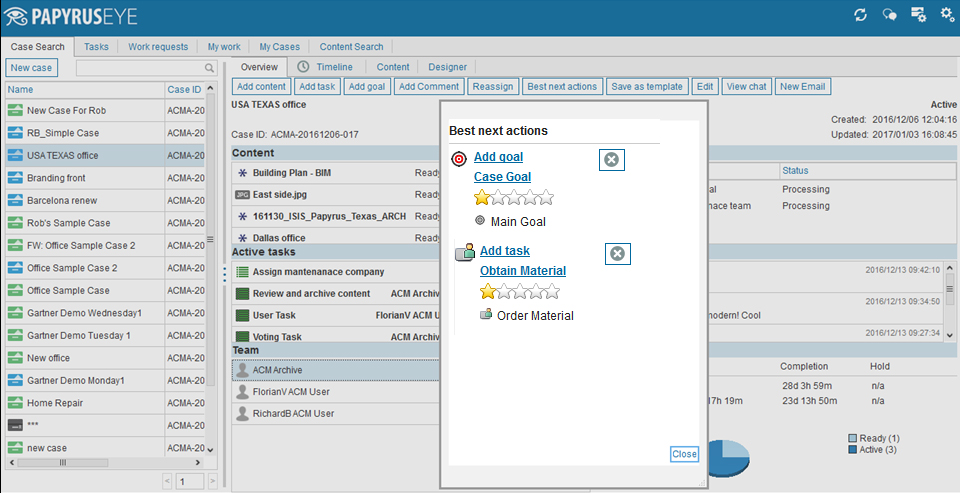RPA and AI
RPA combines automation with the adaptability and awareness of artificial intelligence
Use Cases:
- Incoming Mail Automation: Pattern recognition
- Business Process Improvements / Machine Learning
- Process Discovery with Best Next Actions recommendations
- Service Tasks to connect to back-end systems
- Verification and completion of data
- Automated real-time two way communications
AI-Driven User-Trained Process Automation
Processes that are ideal candidates for robotic process automation:
- Financial operations
- Core business operations
- Procurement
- Self-service operations
- Human resources
Multichannel Mail Automation
Every day, companies receive and produce thousands of documents and messages that end up at employees' desks or e-mail inboxes, requiring substantial time to process. RPA leverages artificial intelligence (AI) by training machines to recognize patterns in digitized documents, images and chat messages. By intelligently automating data capture and classification tasks, RPA liberates the human workforce and avoids many clerical errors.
Papyrus Multichannel Capture
Papyrus Software has long used this remarkable technology in conjunction with intelligent character recognition (ICR/OCR) algorithms to recognize, extract and process the data from any kind of structured or unstructured content, including documents that contain handwriting. By using AI-assisted functionality, business users can train the system by example, define new document types as they are needed, and create new extraction definitions or index fields on the fly. The system instantly learns from the user and performs subsequent data extractions on its own, thus automating the change process and ensuring continuous improvement.
Data Integrity
Instead of shackling your workforce with the manual collection and re-entry of data from different systems, RPA enables the automatic verification, completion and movement of data across all systems and applications.
Papyrus provides a range of configurable SOA - Adapters that seamlessly connect to any system or database. These streamline your business processes by providing flexible data access with automatic data mirroring and verification.
Conversation Automation
More often than not, e-mail and social messages require an immediate reply that quickly turns into a full-blown conversation. RPA with AI can identify the intent of the sender and directly engage with the customer in the same conversation and channel, automatically sending a confirmation message that effectively guides the customer on his journey.
The Papyrus Omni-Channel communication seamlessly connects and manages all experiences across multiple online and off-line channels, effectively engaging with customers via two-way, personalized real-time communication. Whether interacting with the customer online via live chat, SMS, e-mail, social, Mobile or Web, or traditionally via paper, the Omni-Channel solution can resume any conversation at the point where it was left off, thereby creating uninterrupted customer journeys.
Business Process Improvement
Improving the outcomes of unstructured work. Non-routine, collaborative, knowledge worker centric work will dominate how work is done in many organizations - exceptions are the norm. What really improves business capability is a process solution that also learns over time what your experts actually do in a case when a certain document arrives or a particular state is recognized - or when an exception is encountered. The breakthrough Papyrus ‘User Trained Agent’ UTA makes suggestions after multiple case or work patterns reappear and learns from staff responses which suggestions are good ones.
Papyrus Adaptive Case Management
An integrated, multiple award-winning framework solution provides adaptability that is needed to achieve business goals by either pre-defined process flows (BPM) or in a truly ad-hoc manner (customer/business case).
Service tasks are being used to effectively integrate with 3rd party systems as well to compose and deliver outgoing business correspondence; business rules are written in Natural Language and used to ensure process compliance with a full auditing capability, while the patented 'User-Trained Agent' (UTA) machine-learning technology augments users’ knowledge and supports a process of decision making by providing recommendations on Best Next Actions.


